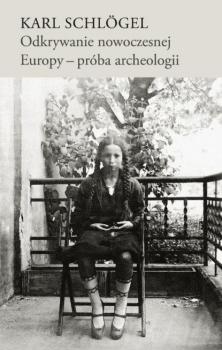Karl Schlogel
Список книг автора Karl SchlogelThe Scent of Empires
Can a drop of perfume tell the story of the twentieth century? Can a smell bear the traces of history? What can we learn about the history of the twentieth century by examining the fate of perfumes? In this remarkable book, Karl Schlögel unravels the interconnected histories of two of the world’s most celebrated perfumes. In tsarist Russia, two French perfumers – Ernest Beaux and Auguste Michel – developed related fragrances honouring Catherine the Great for the 300th anniversary of the Romanov dynasty. During the Russian Revolution and Civil War, Beaux fled Russia and took the formula for his perfume with him to France, where he sought to adapt it to his new French circumstances. He presented Coco Chanel with a series of ten fragrance samples in his laboratory and, after smelling each, she chose number five – the scent that would later go by the name Chanel No. 5. Meanwhile, as the perfume industry was being revived in Soviet Russia, Auguste Michel used his original fragrance to create Red Moscow for the tenth anniversary of the Revolution. Piecing together the intertwined histories of these two famous perfumes, which shared a common origin, Schlögel tells a surprising story of power, intrigue and betrayal that offers an altogether unique perspective on the turbulent events and high politics of the twentieth century. This brilliant account of perfume and politics in twentieth-century Europe will be of interest to a wide general readership.
Moscow, 1937
Moscow, 1937: the soviet metropolis at the zenith of Stalin’s dictatorship. A society utterly wrecked by a hurricane of violence. In this compelling book, the renowned historian Karl Schlögel reconstructs with meticulous care the process through which, month by month, the terrorism of a state-of-emergency regime spiraled into the ‘Great Terror’ during which 1 ½ million human beings lost their lives within a single year. He revisits the sites of show trials and executions and, by also consulting numerous sources from the time, he provides a masterful panorama of these key events in Russian history. He shows how, in the shadow of the reign of terror, the regime around Stalin also aimed to construct a new society. Based on countless documents, Schlögel’s historical masterpiece vividly presents an age in which the boundaries separating the dream and the terror dissolve, and enables us to experience the fear that was felt by people subjected to totalitarian rule. This rich and absorbing account of the Soviet purges will be essential reading for all students of Russia and for any readers interested in one of the most dramatic and disturbing events of modern history.




